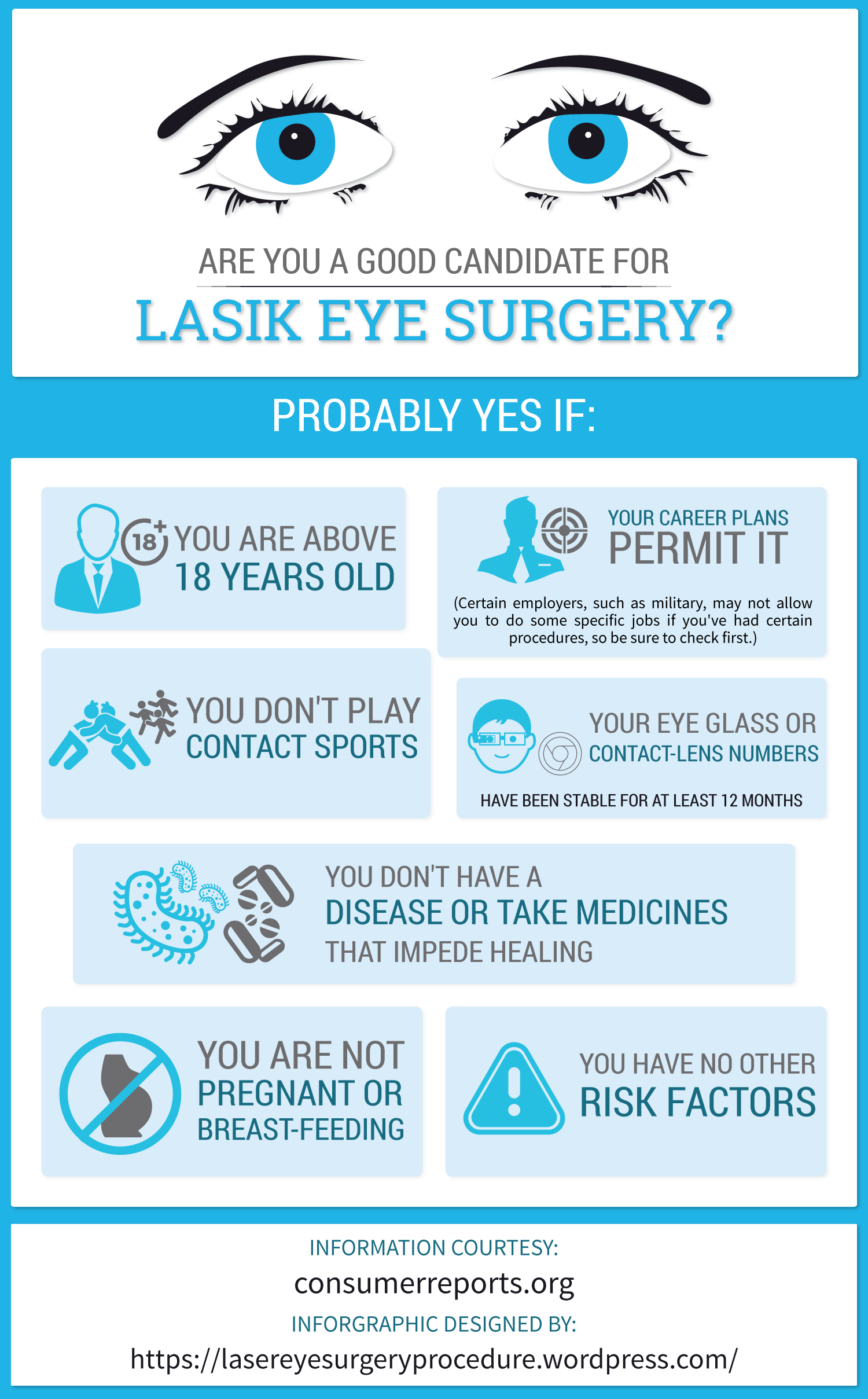Refractive Lens Exchange: A Complete Guide To Boosted Aesthetic Clarity
Refractive Lens Exchange: A Complete Guide To Boosted Aesthetic Clarity
Blog Article
Web Content Writer-Lundqvist Jordan
If you more than 40 and battling with vision issues like hyperopia or myopia, Refractive Lens Exchange (RLE) could be worth thinking about. This procedure replaces your natural lens with an artificial one, possibly reducing your dependence on glasses. While the benefits are appealing, it's critical to recognize the dangers and qualification demands. What should you recognize prior to choosing that could change your vision forever? Let's discover this topic additionally.
Recognizing Refractive Lens Exchange
Comprehending Refractive Lens Exchange (RLE) can be crucial for those considering vision modification options.
RLE is a surgery that changes your eye's natural lens with a fabricated intraocular lens. It's largely focused on correcting serious refractive mistakes, such as hyperopia, nearsightedness, or presbyopia.
Throughout the procedure, your doctor will certainly remove your cloudy or clear lens and change it with a lens customized to your vision needs. This choice is usually taken into consideration for individuals over 40 that may not be suitable candidates for LASIK.
By selecting RLE, you're not just enhancing your vision; you're also possibly lowering your dependence on glasses or get in touch with lenses.
Comprehending exactly how RLE jobs will certainly equip you to make enlightened choices regarding your vision health.
Benefits and Risks of RLE
Picking RLE not only supplies an opportunity to boost your vision but also comes with its very own collection of benefits and dangers.
One substantial benefit is the capacity for clearer vision, minimizing or removing your reliance on glasses or call lenses. You may likewise experience a broader range of vision, especially if you opt for multifocal lenses.
Nonetheless, there are risks entailed, such as infection, issues throughout surgery, or discontentment with the outcomes. https://thecnnfreedomproject.blogs.cnn.com/2011/04/18/victims-break-chains-of-slavery/ experience visual disturbances like halos or glare.
is anesthesia used in cataract surgery to evaluate these advantages and risks thoroughly. Consulting with your eye treatment professional can help you make an informed decision that aligns with your vision objectives and way of life.
Eligibility Criteria for Refractive Lens Exchange
Prior to thinking about Refractive Lens Exchange (RLE), it's important to identify if you meet the qualification criteria. Typically, you're an excellent candidate if you more than 40 years of ages and have a secure prescription.
You need to likewise be experiencing refractive errors like myopia, hyperopia, or presbyopia. should you fast before cataract surgery to have healthy and balanced eyes with no considerable conditions, such as cataracts or glaucoma.
Furthermore, you need to remain in great overall wellness and not have any kind of problems that could affect recovery, like uncontrolled diabetes. If you use get in touch with lenses, you might need to stop using them for a while before your evaluation.
Consulting with an eye care specialist will assist you understand your particular circumstance and whether RLE is right for you.
Final thought
Finally, refractive lens exchange can transform your vision and minimize your dependence on glasses or get in touches with. While it uses many advantages, it's critical to understand the threats and ensure you fulfill the eligibility standards. Consulting with an eye treatment specialist will assist you make an informed choice customized to your needs. If you're thinking about RLE, put in the time to explore your alternatives and review any issues, paving the way for more clear, more dynamic eyesight.
